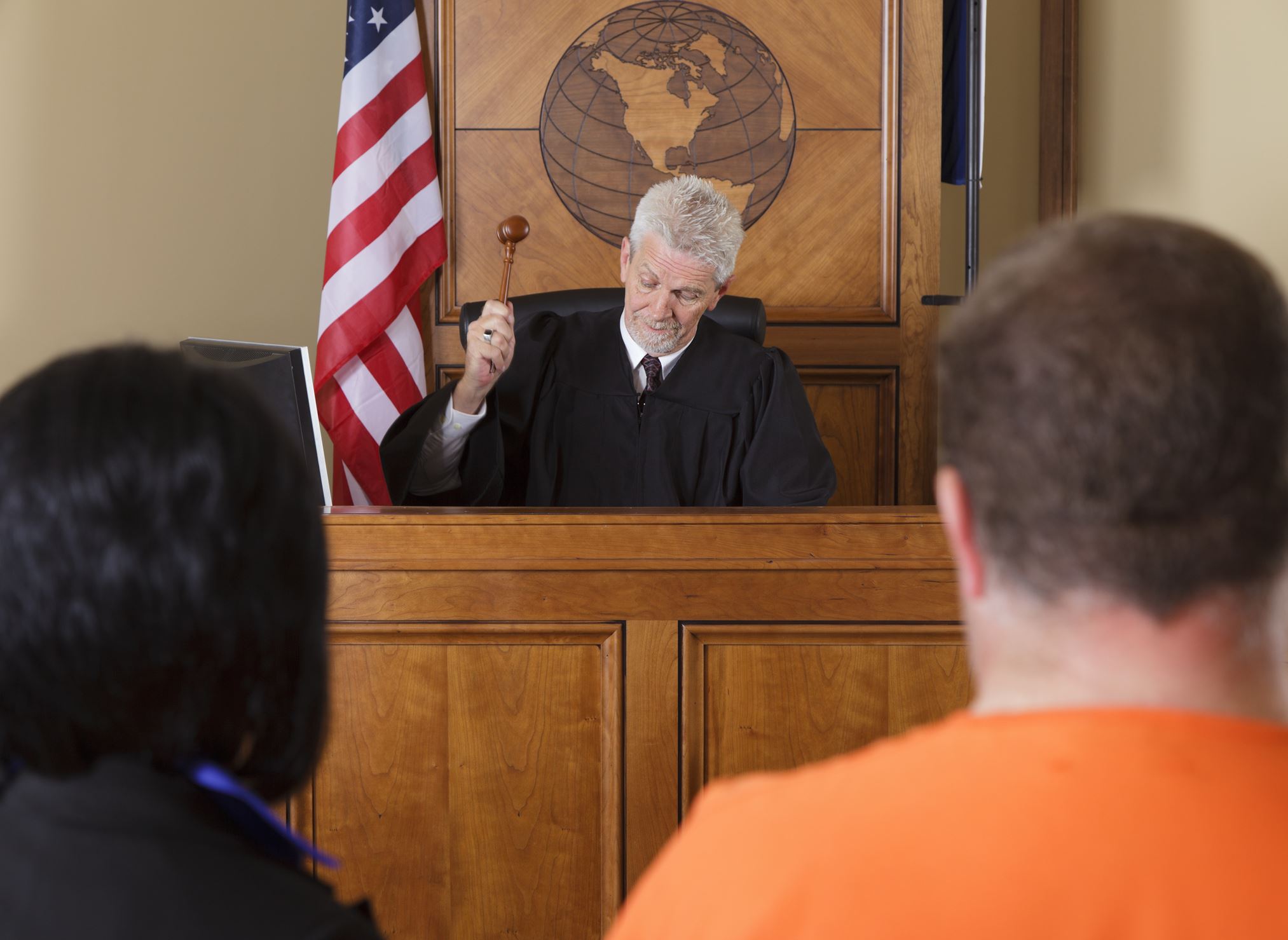Call us now:
One of the most important decisions you have in a criminal case is what plea to enter. It’s easy to sit back and watch someone else go to trial, but when many think about the potential risk in their own lives they ultimately decide it’s better to accept a smaller certain punishment rather than take a chance at receiving a catastrophic one. Most people decide it is too risky to go to trial, and enter an open or negotiated plea.

That doesn’t mean there is no more work to be done or that it doesn’t matter if the rules aren’t followed. It is still important your lawyer is extremely knowledgeable about procedures including sentencing – which has its own body of law to master.
The below case decided in November in the 5th DCA clears up exactly what Judges should not be doing and how state attorneys can influence the judge to disregard the law and violate the rights of people accused of crimes.
Elias Jai Grant appealed the trial court’s decision to deny his motion to withdraw his plea and the judgment and sentence against him, arguing that the court considered impermissible sentencing factors. Grant had entered an open plea to the court for multiple felony charges, including robbery with a firearm and aggravated battery, and in exchange, the State agreed to drop some charges. During his sentencing hearing, the court considered testimony about crimes that were not part of the plea, including a robbery charge that was dismissed, and other uncharged offenses. The court relied on these charges to influence its sentencing, which Grant argued was unconstitutional.
The plea agreement – which was partially negotiated – included 6 felonies and an open plea with a 15 year department of corrections maximum, but the judge could decide to give a youthful offender sentence which carries up to 6 years in prison.
During the open plea hearing the state argued for non youthful offender sentence, i.e. prison over 6 years, presenting testimony about a dismissed case to show the defendant’s character, – a case involving an uncooperative witness. The judge equated evidence of other crimes that could be discussed during a trial similar to what he could consider at sentencing. Which is incorrect. Evidence that could be introduced as “williams rule” evidence is not equally admissible at a sentencing proceeding.
The 5th DCA referenced the 1st DCA and quoted:
Martinez v. State, 123 So. 3d 701, 703 (Fla. 1st DCA 2013) (“[A] sentence cannot stand, at least on direct appeal, if the sentencing judge considered constitutionally impermissible factors in arriving at the sentence. Relying on pending or dismissed charges, in effect deeming such charges established without proof or a conviction, violates a defendant’s right to due process.”
More than it just being mentioned by the state the court explicitly mentioned it was considering the dropped charges, which is clearly impermissible:
see also Yisrael v. State, 65 So. 3d 1177, 1178 (Fla. 1st DCA 2011) (reversing and remanding for resentencing where court commented, “there are other victims apparently that don’t want to testify. So the Court is going to sentence you to [the maximum possible sentence] of 30 years’ Florida State Prison”).
The appeals court agreed that the trial court had improperly considered dismissed or uncharged offenses in sentencing, violating Grant’s due process rights. Although it is permissible for a court to consider the defendant’s prior record and the circumstances of the offense, using pending or dismissed charges to influence sentencing is prohibited. The court’s reliance on these impermissible factors warranted the reversal of Grant’s sentence. The appeals court vacated the sentence and remanded the case for resentencing before a different judge, as it could not be assured that the same sentence would have been imposed without the improper considerations.
Facing criminal charges in Florida can be extremely scary and fairness and lawful sentences have to be fought for at every step.
Questions about a potential drug case? illegal search and seizure? Need legal help? Contact us today for a free consultation.
Elias Grant v State 5D2023-3019
Nov 15th 2024 – 5th DCA – Error for Court to consider improper sentencing factors – subsequent, pending, or dismissed charges
